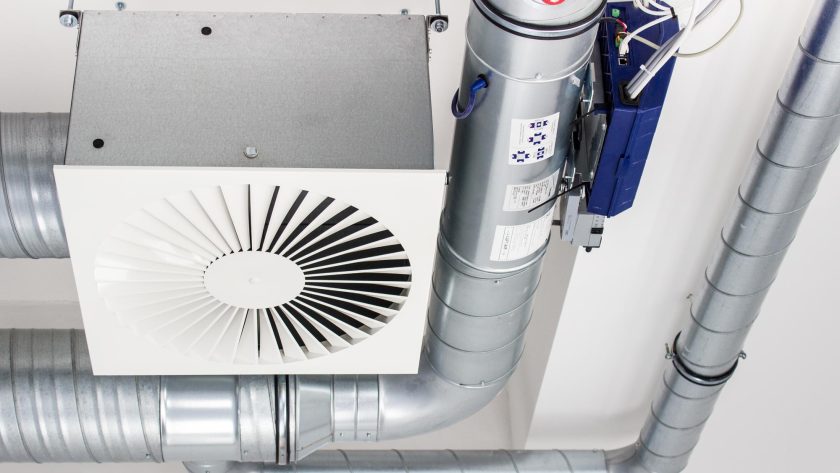Data centers are centralized physical facilities used by businesses to house their critical applications and Ventilationsentreprenörer Malmö. Although data centers can help us meet real-time data transfer requirements, they suffer from downtime and are usually an expensive affair for most companies. At the same time, Data Center Infrastructure Management (DCIM) was established to monitor and provide insights into the utilization and energy consumption of IT and building components, from servers and storage to power distribution units and cooling units.
However, as data centers became more complex, the need for more functionality in DCIM solutions increased. As a result, DCIM must be moved to a cloud platform in order to utilize additional functionality. Therefore, to enhance the way data centers are managed and operated, we have DMaaS.
Data Management as a Service (DMaaS) is a cloud computing service that provides organizations with centralized storage for disparate data sources. It optimizes the IT layer by simplifying, monitoring and maintaining the physical infrastructure of the data center from the edge to the enterprise. It is important to note that DMaaSDMaaS is not DCIM, nor is it a version of DCIM delivered by SaaS.
In addition, it saves costs, reduces data center downtime and improves performance, according to a report commissioned by Intel. The report also mentions that DMaaS is an easy-to-use and low-cost cloud solution that provides IT professionals with the ability to monitor their data center infrastructure step-by-step, gain real-time insights and prevent potential failures. Also through a survey conducted this summer of 200 IT executives, managers, system administrators and application designers in the US and UK.
They found that about 45 percent of respondents cited cost savings as the most important feature of a data center management solution. Because DMaaS is an effective alternative to DCIM tools, companies simply ask their users to sign up for an account, which informs the vendor of the organization’s specific needs without having to notify them of the number of users registered and the amount of storage each user will require. The vendor then automatically configures and manages the infrastructure required to provide these services.
As a result, by lowering the cost barriers associated with adoption, DMaaS brings the possibility of intuitive, real-time data center insights to the entire industry, while making data management costs more predictable. It will also provide protection for a company’s data assets while delivering more value to them. For data centers, DMaaS enables maximum security for critical hardware through intelligent alerts and remote troubleshooting.




